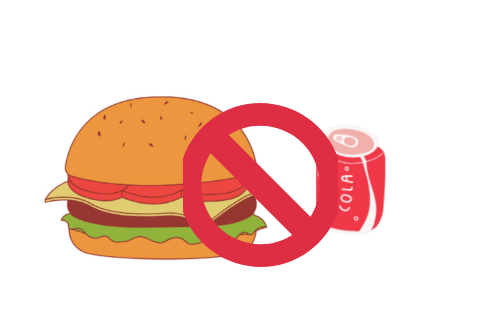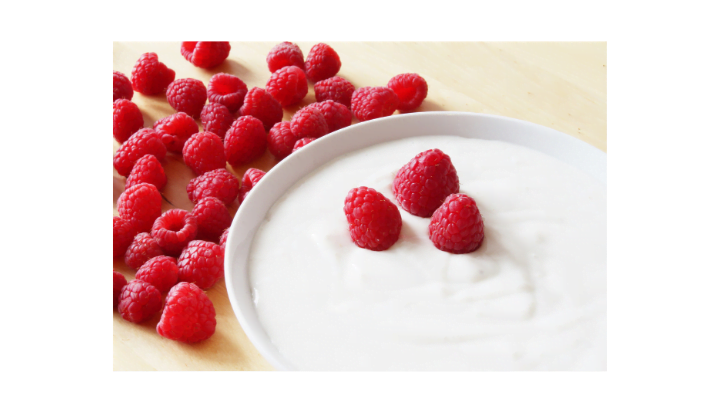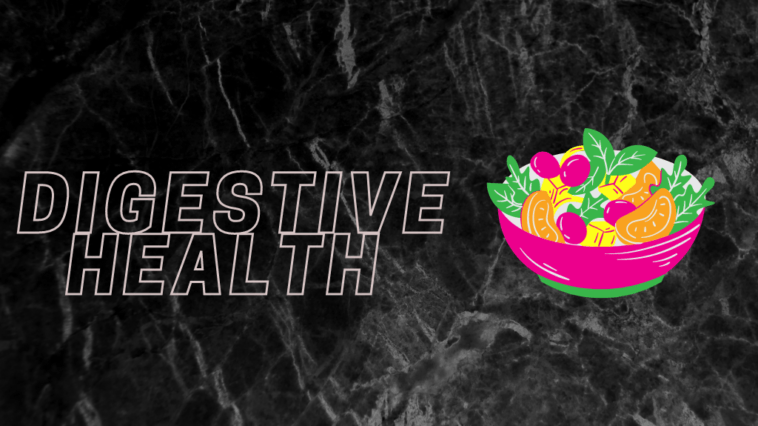Digestive health is directly influenced by your choices of food and lifestyle. Your digestive system consists of organs that break down, absorb, dispose of foods and nutrients that you eat.
Digestive issues like upset stomach, gas, constipation, diarrhea, nausea, heartburn can be embarrassing and uncomfortable. So, you have to improve your digestion by choosing nutritious food that supports your digestive system and your overall health or leading a healthy lifestyle.
There are some steps that you should follow to improve your digestive health.
Step-1
Eating a digestion-friendly diet will lead to digestive health:-
Consume fiber every day: It is important to eat fiber-rich food that helps regulate your digestion. A high fiber diet promotes regular bowel movements and may protect against many digestive disorders. You should intake 25 to 30 grams of fiber-containing food in a day.
• You can get green leafy vegetables, bananas, apples, beans, cabbage, nuts, oatmeal, whole grain, lentils, legumes, strawberries. These foods are a good source of fiber that helps to reduce digestive issues like diarrhea, constipation.
• You can also take fiber supplements.
• Don’t consume lots of fiber at once can cause digestive issues like bloating and gas.

Get protein from lean sources: Lean sources are much better than fatty protein sources because lean protein is easily digested.
• Fish, beans, poultry, chicken, nuts are great sources of lean protein.
• You should intake 40 to 60 grams of protein daily, depending on your activity level.
Drink Adequate Water: It is essential to be hydrated for healthy digestion because low fluid intake can cause constipation.
• You should drink 1.5 to 2 liters of water. Drinking water just after you eat is helpful for digestion.
• Consume alcohol and caffeine in moderation; regular intake of this fluid can cause dehydration.
• You can also take herbal teas and non-caffeinated beverages like seltzer water.

Avoid Processed and Sugary food: Try to avoid eating packaged, processed, or junk food, which contains high saturated fats and salts, which is hard to digest and can cause digestive issues.
• Eat less in restaurants, as they prepare food with lots of butter and salt, which hard to digest and can cause your digestive upset. If you can not tolerate lactose, then stay away from dairy products.
• Avoid sugary foods and drink like cakes, soda, candies, or other sugary products because they provide food for harmful bacteria and create digestive issues.
Eat Slowly and Small Meals: Eat food slowly and in small bites to avoid overeating and to stress the digestive system. Chew the food thoroughly before swallowing it to digest food easily.
Add Natural Herbs in your diet: Some natural herbs in a small amount like ginger, herbal tea, beet leaf, dandelion, cinnamon, turmeric, garlic. These herbs can be beneficial for promoting digestive health.

Intake food, contain good bacteria: Eat food that promotes gut health and increase the level of healthy bacteria by eating foods like yogurt, kefir, sauerkraut, which contain good bacteria that are beneficial to your digestive system.
Step-2
Taking digestive Supplements will lead to digestive health:-
Talk to your doctor before taking any supplements: Some supplements improve digestion, which may have unintended side effects.
Even herbal supplements can interact with other medications you take. So be sure to talk to your doctor before getting any supplements and make sure the supplements won’t have any adverse effects on your health.
• Take a prescription from your doctor, if you have any digestive issues.
Consider Probiotics: A deficiency of good bacteria causes many digestive issues in your gut. Consider probiotics or good bacteria supplements to increase healthy bacteria in your gut.
Take supplements: If you have a deficiency of digestive enzymes or your body does not make enough enzymes, you can take supplements to replace missing enzymes and digest more efficiently.
• You can take probiotics, L-glutamine, peppermint oil, artichoke, psyllium as supplements.
• Consume L-glutamine, if directed by the doctor. It creates a barrier for the GI tract to protect toxins, allergies, and pathogens that may cause illness or any other digestive disorder.
Step-3
Develop a Healthy Lifestyle
Wash Your Hands Properly: To avoid unhealthy bacteria getting into your digestive system through a meal, you should wash your hands thoroughly with soaps and warm water before you eat.
Avoid Contaminated food: To keep your digestive system healthy and prevent microbes, you have to avoid eating unwashed food, unpasteurized dairy products, and cider. Store all foods at the proper temperature, check expiring dates and prevent food poisoning by thoroughly cooking meats and eggs.

Do Exercise: Exercise is a must to keep your overall health strong. It can help stimulate digestion by moving your muscles and blood to your internal organs. Exercise helps to maintain a healthy weight. So do as follows:-
• Exercising 3-5 days every week for 30 minutes a day to maintain your digestive health. You should take a walk after you eat for 30-60 minutes.
• Running, dancing, yoga poses, especially twist and forward bends, to improve digestion.
Reduce Stress: Stress and anxiety can trigger digestive issues. Some get constipated, diarrhea, and some have a stomachache.
• To manage stress, you have to pursue some relaxing hobbies like dancing, singing, listening to music.
•.Yoga and meditation are the best activities that help to overcome stress or anxiety and can feel you relax.
Quit Smoking: Try to quit smoking as soon as possible to improve your overall health. Because smoking can cause ulcers, acid reflux, heartburn, bowel problem, cancer of the GI tract.
To know more about avoiding junk food from your lifestyle, click here…




GIPHY App Key not set. Please check settings